Original Source: https://www.kiplinger.com/retirement/retirement-planning/603695/you-are-probably-making-at-least-1-of-these-4-retirement
We might wish for the journey through retirement to be a nice leisurely stroll, but there are often times plenty of ways for things to go awry, and some mistakes can prove especially costly, sapping your money along with your retirement joy.
But those mistakes aren’t inevitable and, with the right planning, you can improve your odds of avoiding the pitfalls. Let’s explore four common mistakes people make with their retirements:
1. Deferring taxes
It sounds wonderful in theory. Contribute regularly to a traditional IRA or 401(k) and you can defer the taxes on that portion of your income. But that short-term advantage comes with a long-term drawback. Those taxes eventually come due, and not only on the money you originally contributed but also on all the interest you gained over the decades.
That’s why a Roth IRA or a Roth 401(k) could be the better option. With a Roth, you don’t get to defer taxes on your contributions, but your money grows tax free and, when you begin making withdrawals in retirement, you pay nothing. Over the long haul, it can be a much better deal.
2. Neglecting year-end planning
As the year draws to a close, it’s important to set aside time to make sure you’ve considered any tax-reduction opportunities and also make plans for the coming year. People think of April 15 as the tax deadline, but in reality Dec. 31 is the key date, because most of the tax maneuvering you can do needs to happen within the calendar year.
One tactic for lowering your tax bill that you may not have considered is “bunching” itemized deductions. What does that mean? Many people don’t itemize deductions, because the standard deduction is higher than what their itemized deductions would total. But through bunching, you bunch as many itemized deductions into a single year as possible. For example, you can make two years’ worth of charitable donations in one year. If that sounds difficult, think of it this way: You can make a donation on Jan. 1 and another on Dec. 31 of the same year. Those donations are nearly a year apart, but they count for one tax year. Then the next year you use the standard deduction. Basically, you alternate from year to year.
Another tactic to consider as the year winds down is tax loss harvesting. This is when you sell some investments at a loss to offset gains you made with the sale of other investments. That lowers your overall net gain, reducing your tax bill. However due to its complexity, this strategy is not for everyone and you should consult your tax professional before considering.
Finally, if you are 72 or older, make sure you have taken any required minimum distributions from your tax-deferred retirement accounts. Otherwise, you face hefty penalties. Those RMDs are another reason to consider a Roth conversion.
3. Ignoring long-term care and health care costs
An average retired couple age 65 in 2021 may need about $300,000 to cover health care expenses in retirement. Meanwhile, long-term care continues to be a major expense for many retirees. It’s important to plan for these potentially significant expenses.
4. Failing to plan how to fill your free time
Even when people do a bang-up job planning their retirement-related money matters, they forget another critical component of a successful retirement: what to do with all that spare time. At some point, endless rounds of golf or TV binge watching become redundant, so plan ahead for how you will giving meaning to your later years.
That could mean volunteering, starting a business, traveling, developing new hobbies or taking on part-time work.
Even if your primary working years are behind you, your life still needs purpose. This can be important for both your physical and mental health.
With so many factors at play, planning for a secure and satisfying retirement can get complicated. Wealth Horizon is here to provide experienced, visionary guidance with all your financial decisions. If you have questions about your current retirement plan, call our office at (770) 840-8440 and schedule some time to talk.











